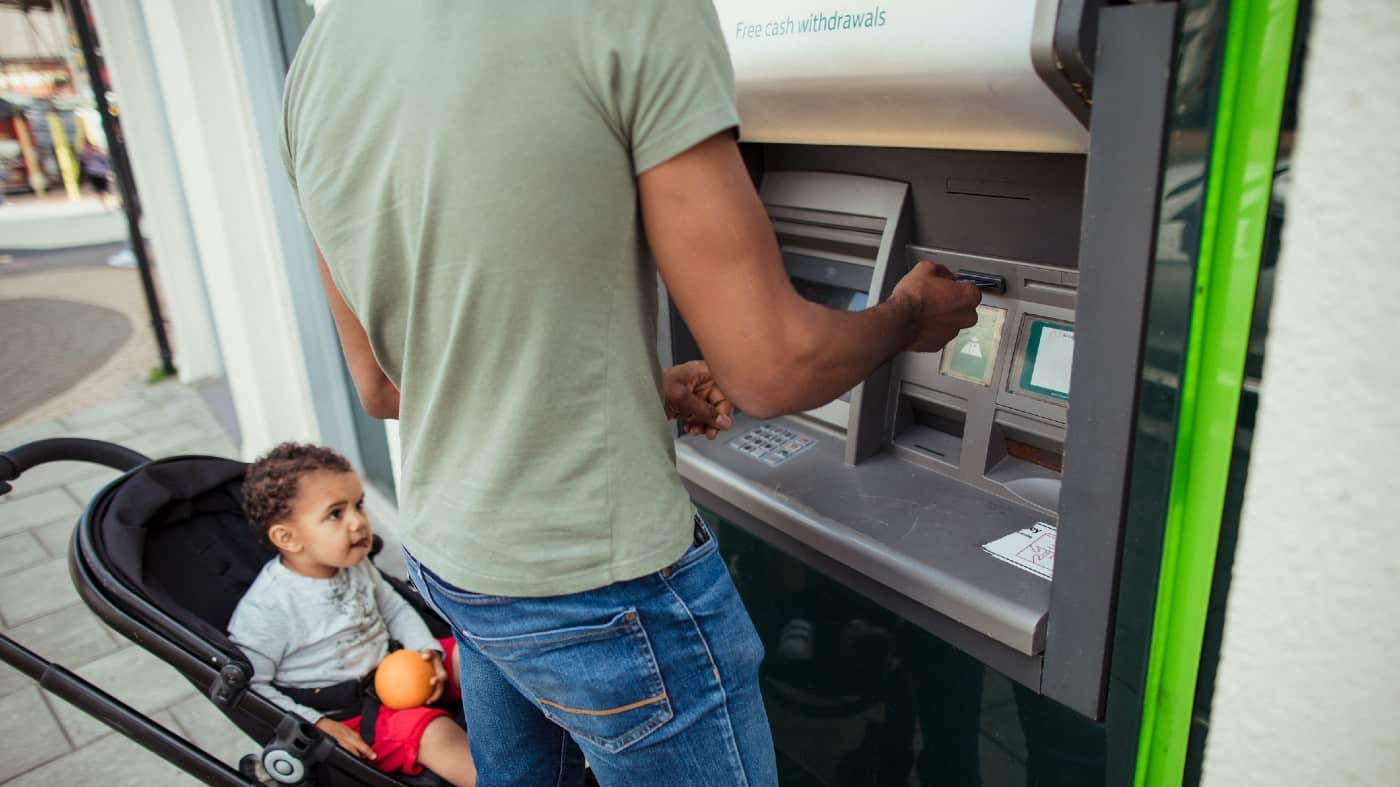Before today’s release of the bank’s Q1 results, HSBC (LSE: HSBA) shares were down over 10% this year. They have gained around 5% today, but are still down for the year.
In my view, a large part of this was attributable to investor fears over another banking crisis. After all, Silicon Valley Bank (SVB) has failed and then Credit Suisse collapsed.
These events conjured up images for FTSE 100 investors of the collapse of Northern Rock bank in 2007. In this jittery environment, it did not help the shares that HSBC when bought SVB UK, albeit for just £1.
As it transpired, neither banking failure triggered a rush on the wider UK or global banking sectors.
UK banks are highly stress-tested
After the Great Financial Crisis that began in 2007, new rules were implemented that made UK banks more robust. The Bank of England’s Prudential Regulation Authority regularly stress-tests this resilience to potential financial crises. Also after 2007, all the major UK banks’ riskier trading activities were further siloed away from their retail activities.
All these rules apply to HSBC, as was highlighted in its previous full-year 2022 results. These showed higher core equity (‘CET1’) capital ratio requirements of 14.2%, well over a benchmark of 10%. Core equity comprises highly-rated assets that can be sold off quickly to shore up capital if needed.
And this core equity ratio even increased in the Q1 results, to 14.7%.
Key indicators trending up
HSBC also showed improvements elsewhere — some enormous — in its Q1 figures. Europe’s largest bank posted a pre-tax profit of $12.9bn. This compares to $4.2bn a year earlier and consensus analysts’ estimates of $8.64bn.
Revenue also increased significantly — by 64%, to $20.2bn. The increase was largely driven by higher net interest income in all of HSBC’s global businesses due to interest rate rises.
On the other side of the balance sheet, expected credit losses and other credit impairment charges of $0.4bn were down by $0.2bn. Operating expenses of $7.6bn were also down, by $0.6bn — 7% lower than in Q1 22.
Basically, HSBC has been making a lot more money from a smaller cost base. In tandem with this, has been a major increase in customer accounts, up by $34bn in the quarter.
Rewards to shareholders boosted
Given these stellar numbers, HSBC announced its first interim dividend since 2019 — of 10 cents per share. In 2022, it paid a final dividend of 32 cents, up from 25 cents in 2021. The bank also just announced a share buy-back of up to $2bn.
There are risks in buying HSBC shares, of course. Interest rates could start to come down faster and more sharply than expected, which would reduce profit margins on accounts. And there could still be a dramatic turn for the worse in the global banking sector.
However, I do not believe that interest rates will come down significantly any time soon.
I also do not think that a major global banking crisis is imminent either. I believe that HSBC shares are cheap even after the 5% rise in price today. However, like any investor, I would like to buy them cheaper. At lower levels I would seriously consider buying, despite already having exposure to the sector in Lloyds Banking Group.








